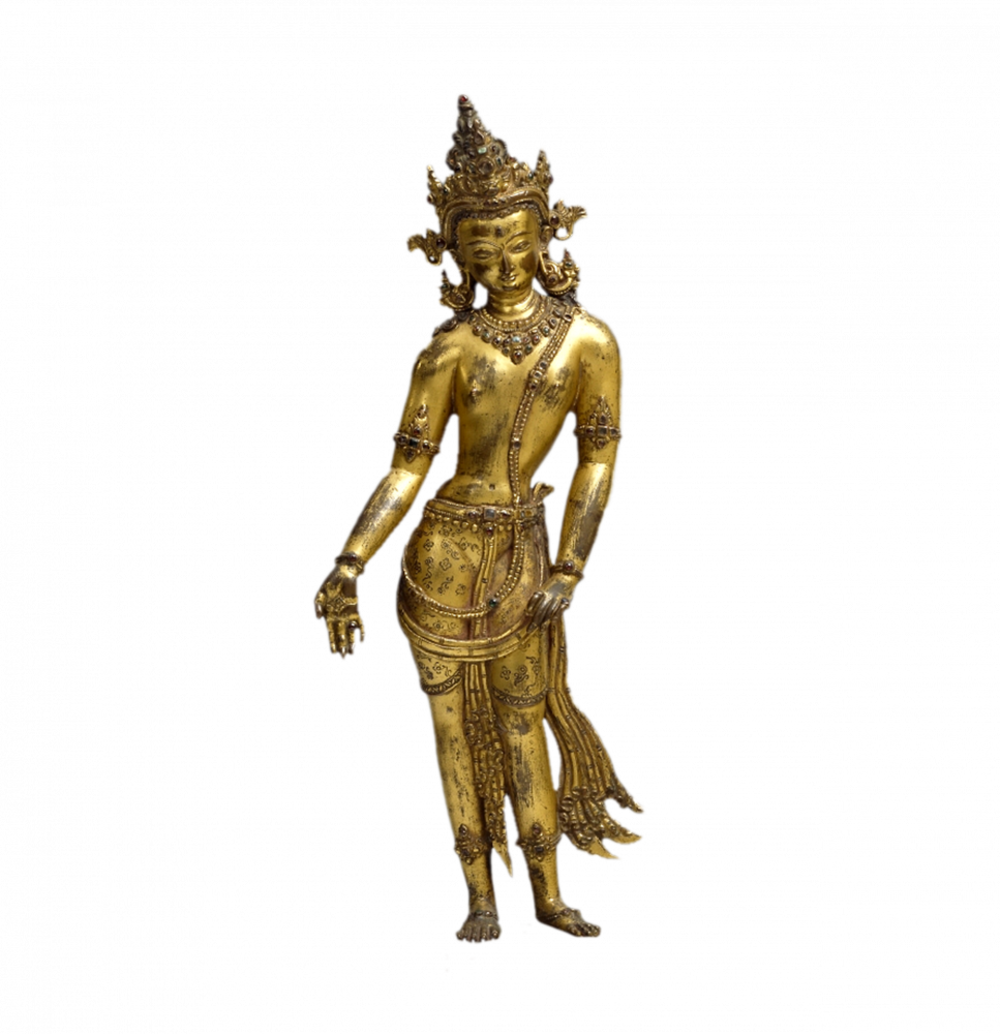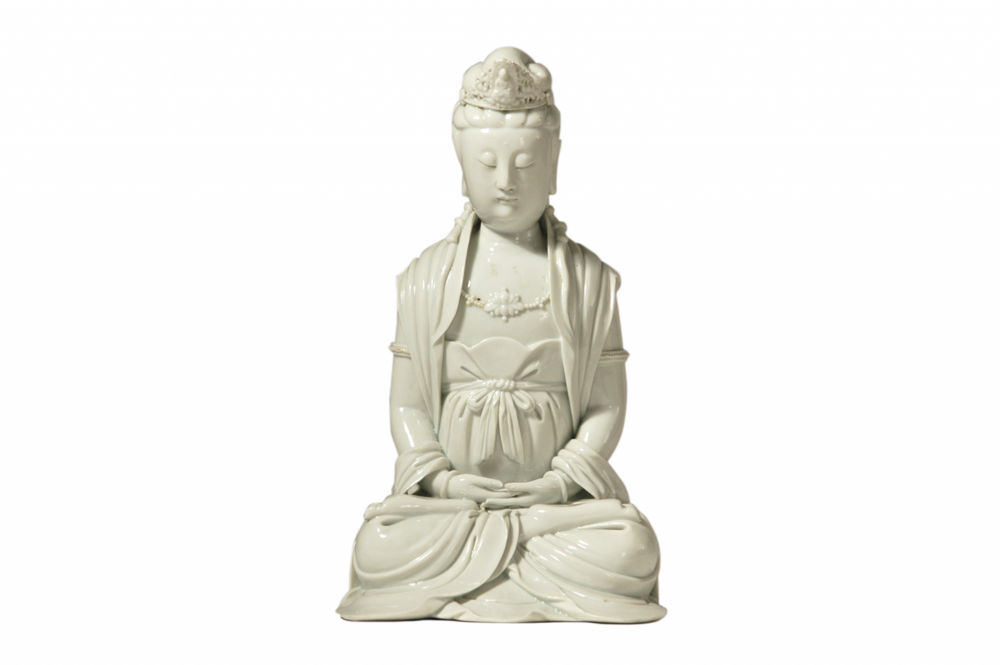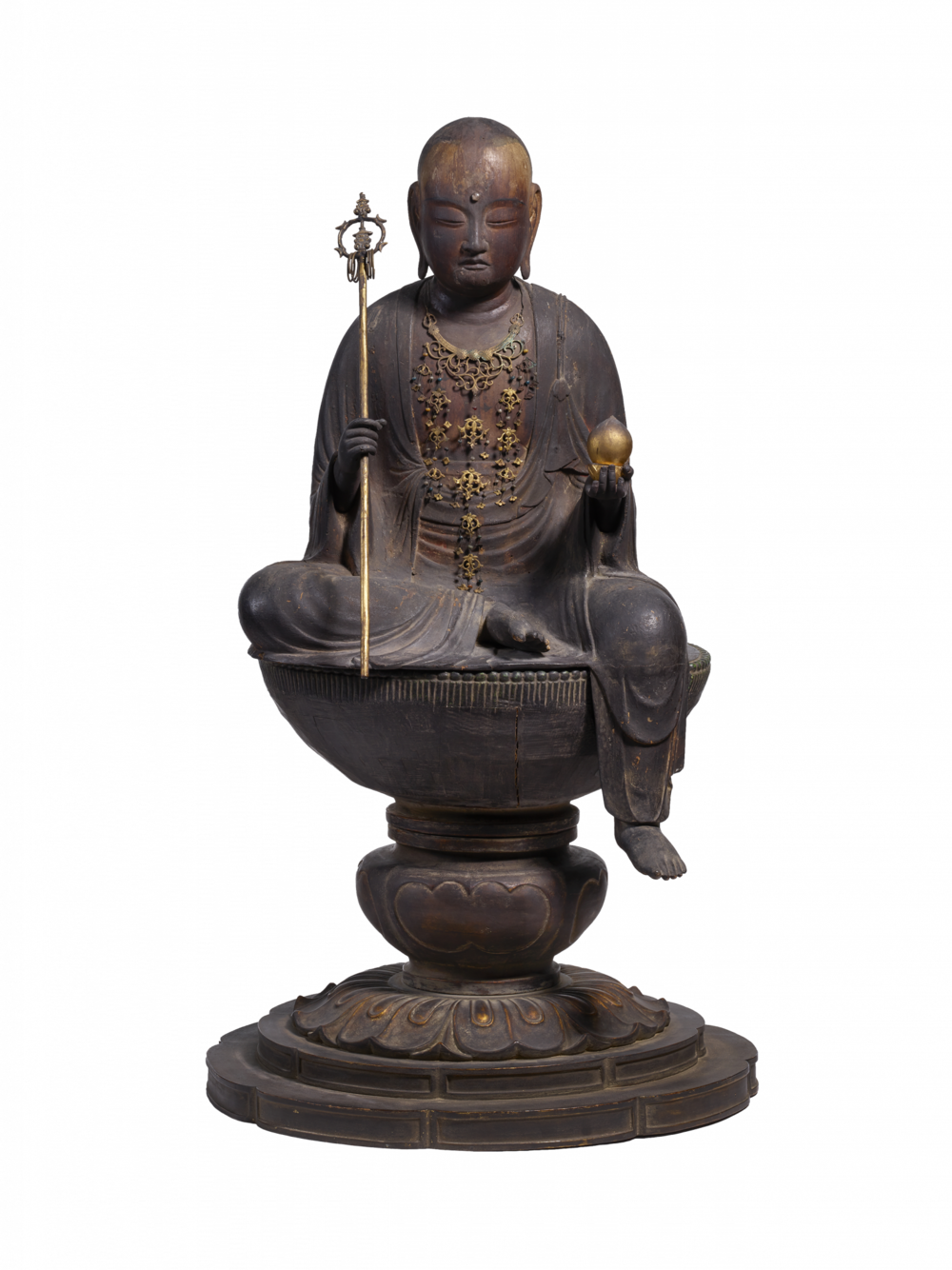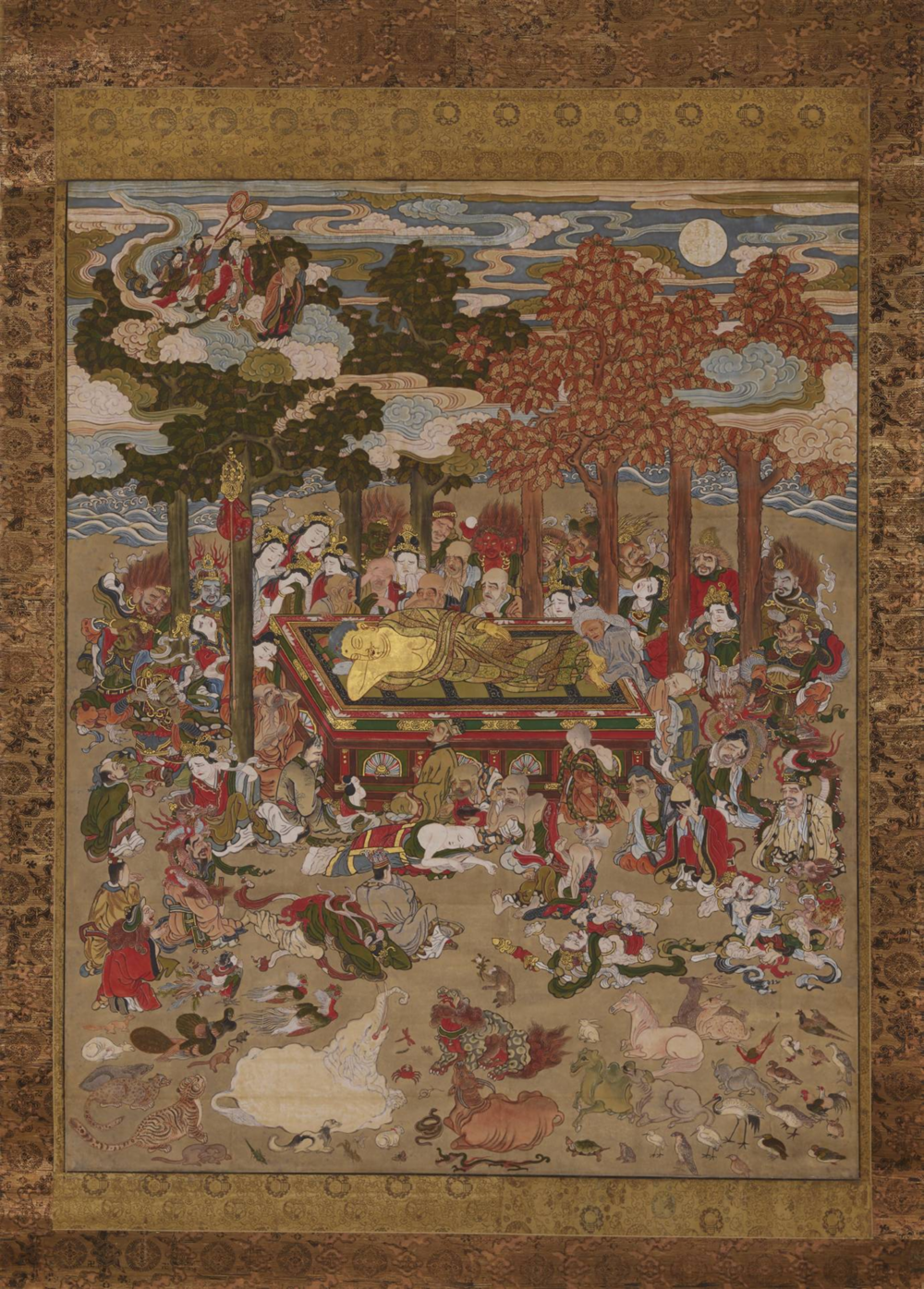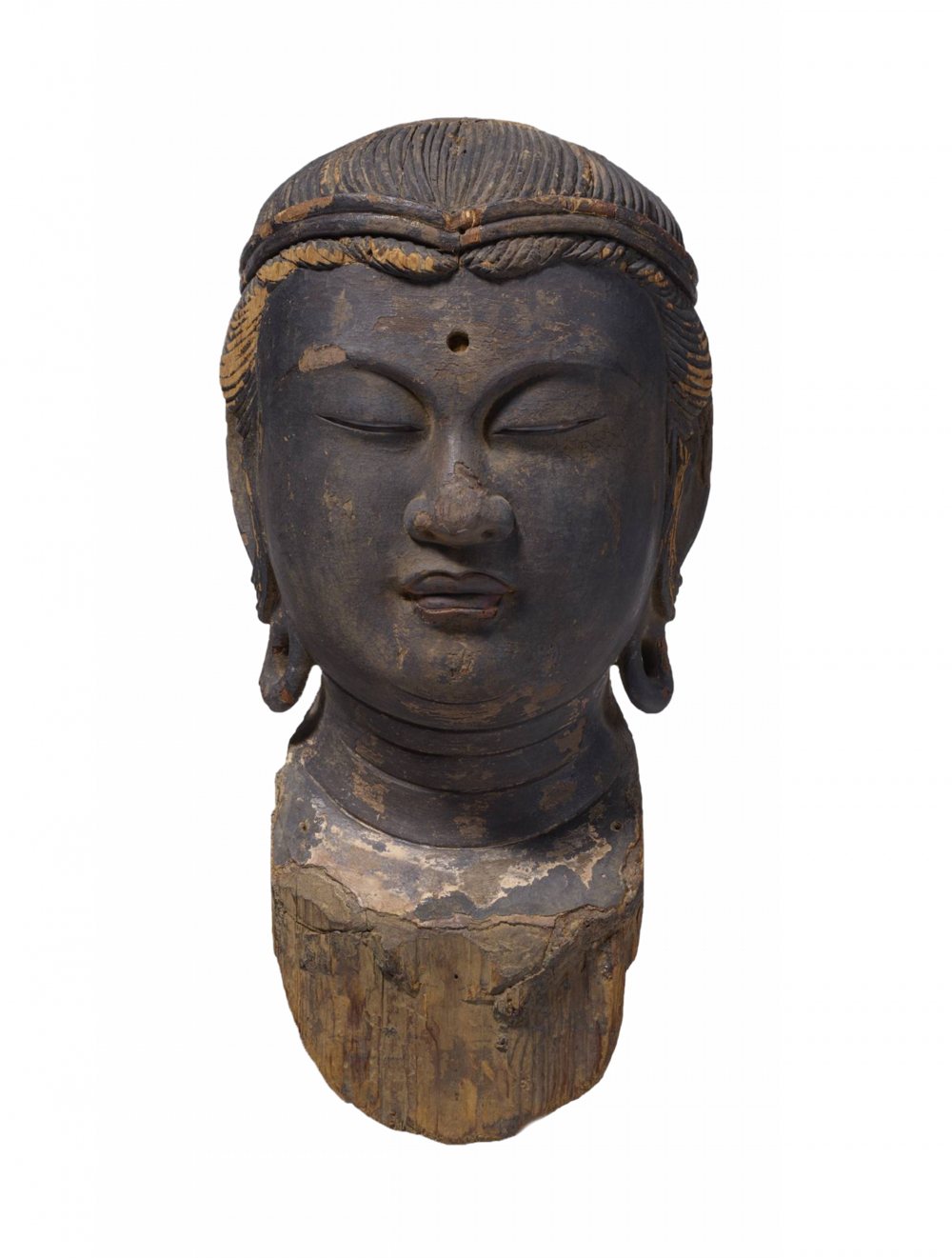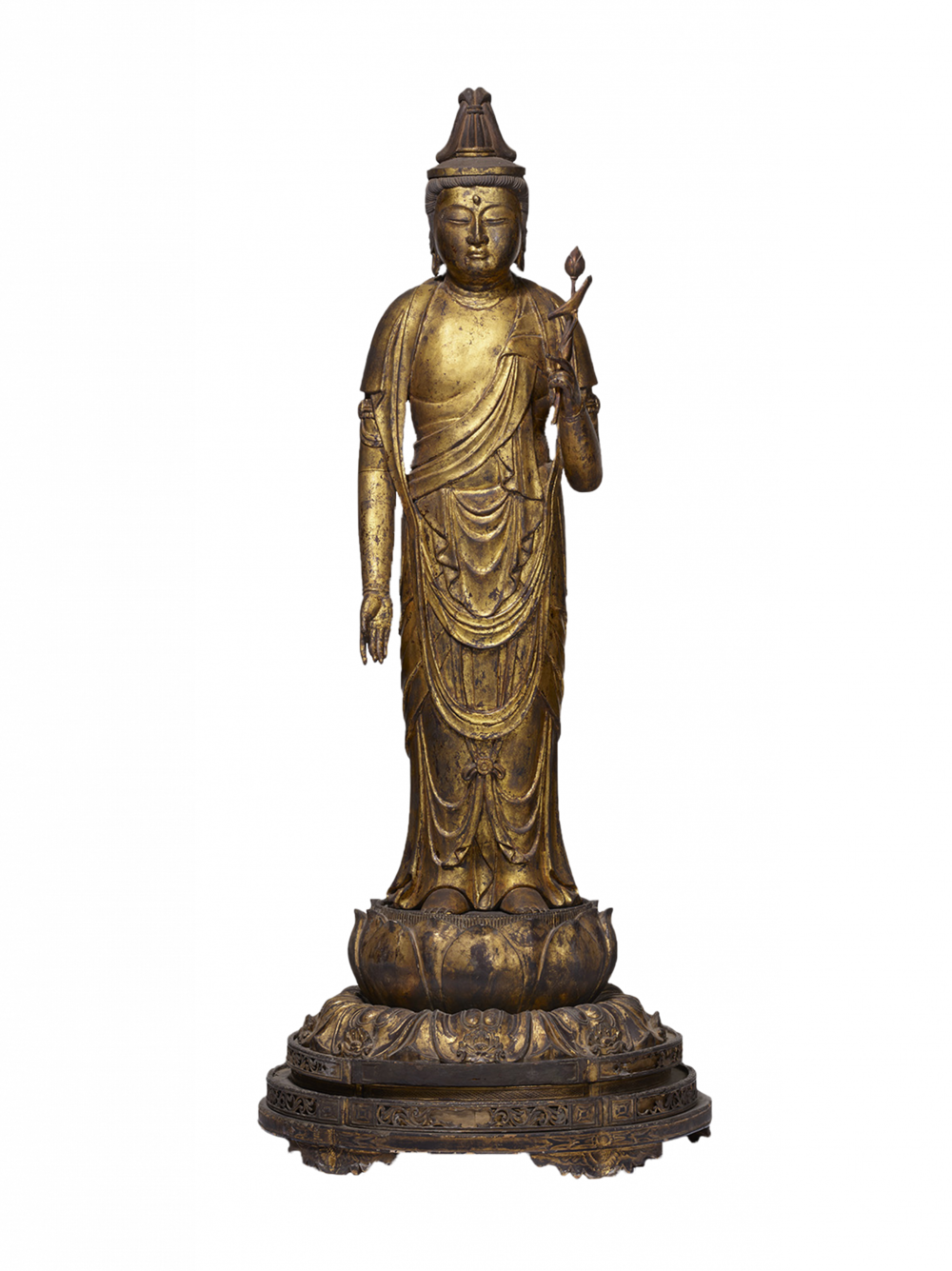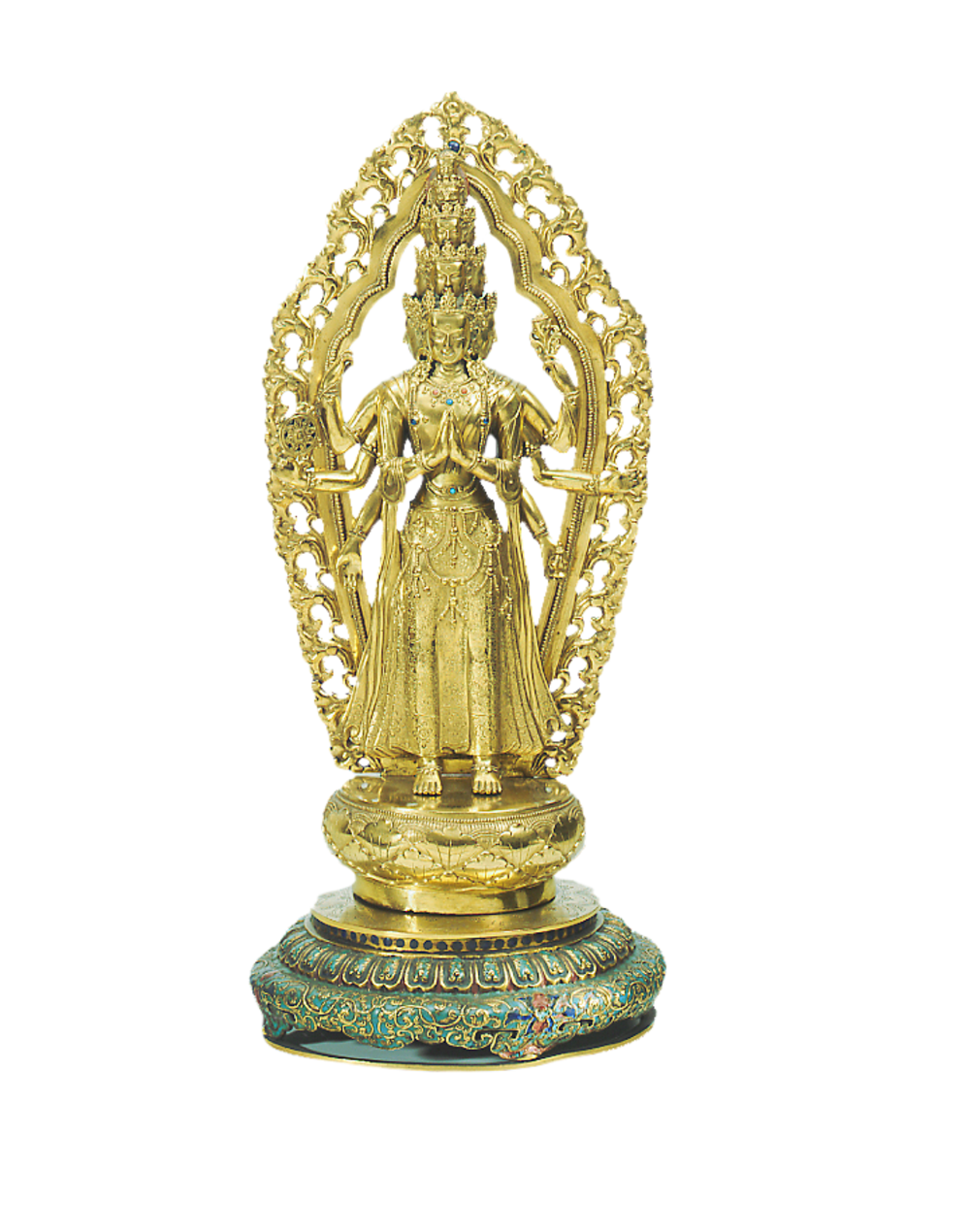Buddhists are convinced that all things are bound up in a never-ending cycle of becoming and passing. They assume that humans, too, are reborn after death.
Well before the emergence of Buddhism, the people of ancient India believed in the existence of an immortal Self locked in an eternal cycle of birth, death, and rebirth. This becoming and passing was determined by karma.
Buddhism embraced some of these ideas but rejected the concept of an immortal Self.
Expand your knowledge of karma and rebirth in this story, and learn what they have to do with the concept of suffering.
